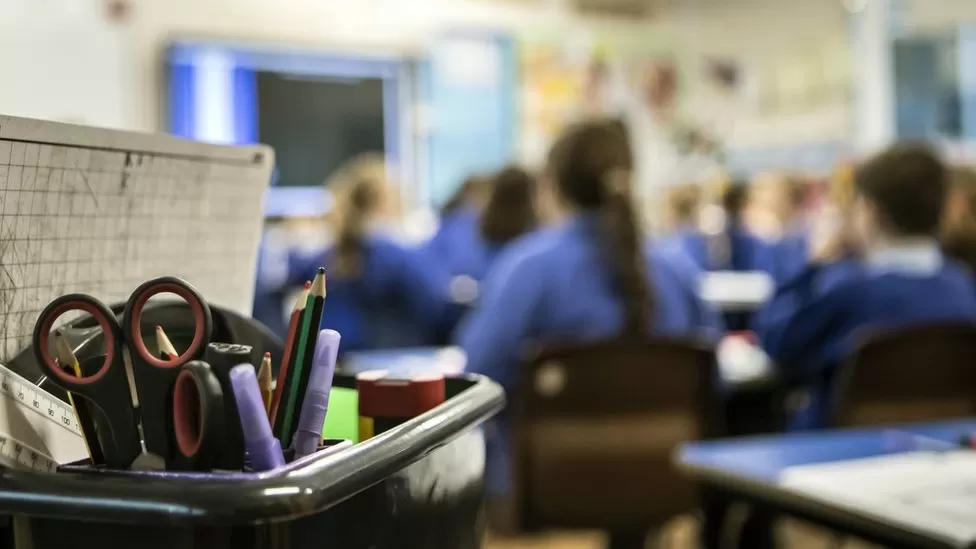Amid uncertainty surrounding the election schedule, interim Prime Minister Anwaar-ul-Haq Kakar on Friday reiterated that announcing the poll date was beyond the constitutional mandate of the caretaker set-up.
Addressing a press conference in Islamabad, he said: “Announcing the election date is not the prerogative of a caretaker set-up. It will be illegal if we announce a date for the polls. We will not support any unconstitutional measure.”
Responding to a question, the premier warned of a consistent crackdown against illegal trade and said an effective management plan is being implemented to control cross-border smuggling.
“We have zero tolerance for those involved in the ‘smuggling industry’ and the law will take its course,” he added. Kakar further said detailed deliberations were held on the Afghan transit trade and the reopening of the Torkham border, APP reported.
The commerce ministry has taken a lead along with border management authorities including customs in revising the policy to allow or restrict the trade items, he said.
‘Will push aliens back to their country’
Asked about the involvement of Afghan refugees involved in cross-border smuggling, PM Kakar said an effective policy in this regard had been agreed upon.
He categorised the Afghans living in Pakistan into three classes — those registered with the government, “aliens” with no justification to reside, and those with identity theft.
“We will push the aliens [illegal Afghan immigrants] back to their country and no one without the visa regime will be allowed to live here,” he said.
The interim PM regretted that the previous lenient approach in this regard resulted in various social evils. He also pointed out the risk of smuggling leading to the strengthening of terrorist outfits and non-state actors.
Terror threats
“Non-state actors take their space under dysfunctional setup and we are determined to target them,” he said, terming counter-terrorism a priority for the caretaker government.
He mentioned that the apex committee was working with a focused approach on the tactical and strategic angles of the newly emerging terror threats. The prime minister said the priority of the caretaker government is to provide the inflation-hit people relief through administrative measures.
“We want to assure the people of the country that the caretaker government, whether it stays in office either for one or one-and-a-half months, will prove effective in its governance.”
Petrol prices
Responding to a question about the hike in petroleum prices thrice during the tenure of the caretaker government, the PM said the matter was beyond domestic control and was linked to the global increase.
The government, he added, is focusing on providing relief by improving the approach of governance.
Easy instalments for electricity consumers
To a query, the premier hinted at announcing in the near future the easy instalments for electricity consumers with up to 200 units of electricity usage.
To another question about the nexus of politicians and public officials involved in misappropriation, he said: “We have to break this cycle on priority to get effective results followed by stern action against the responsible ones.”
“We will take action on adopting a due process without fear and favour, and will take them to the court of law,” he said.
Kakar said the government believed in the freedom of media and rejected the notion of stifling it. “A normal media ecosystem is in place and there is no bar on the outlets, even on airing criticism on the caretaker government.”







